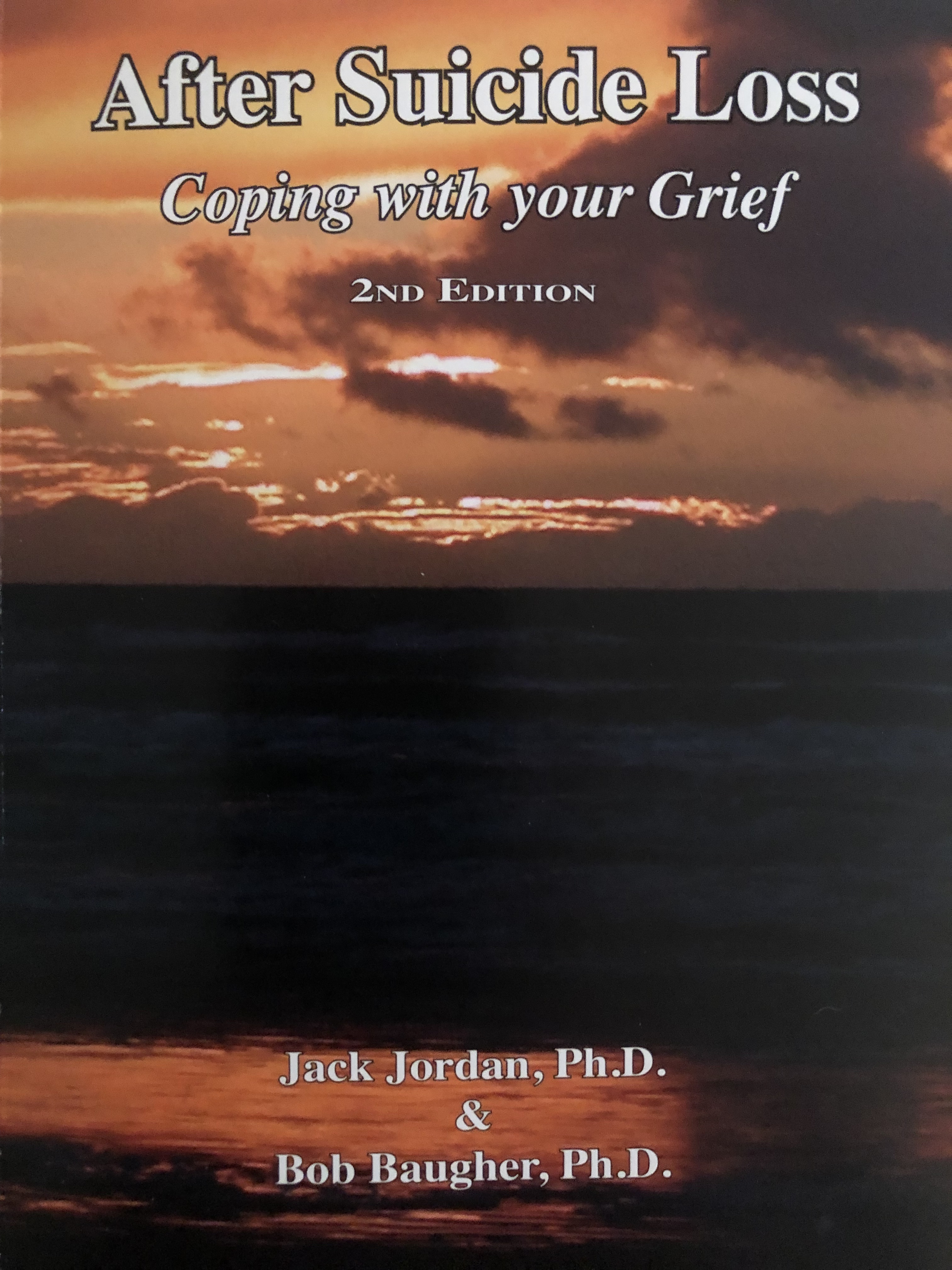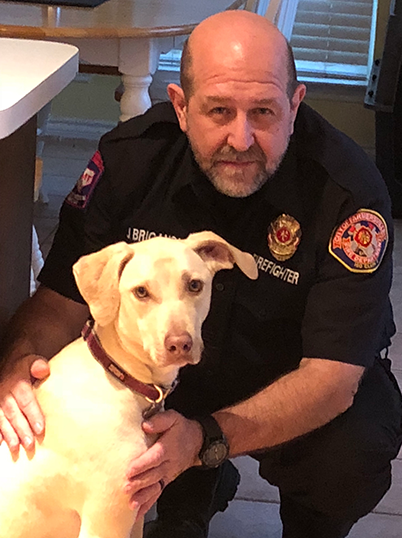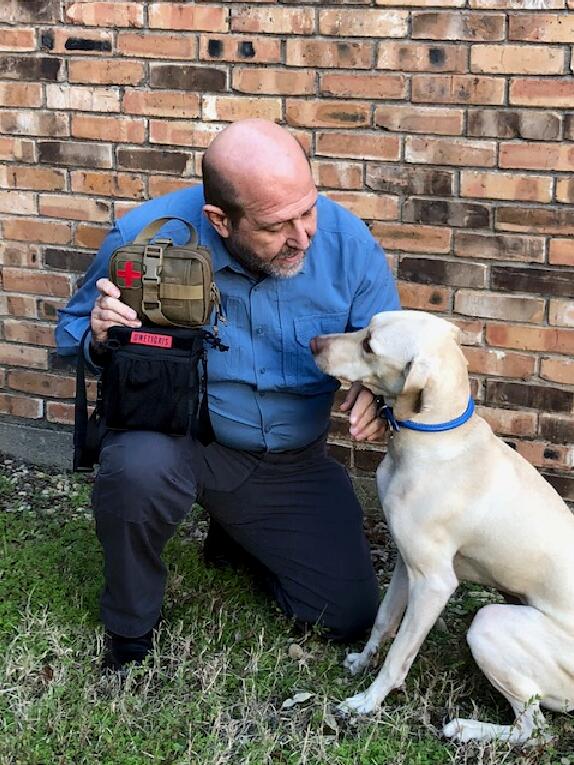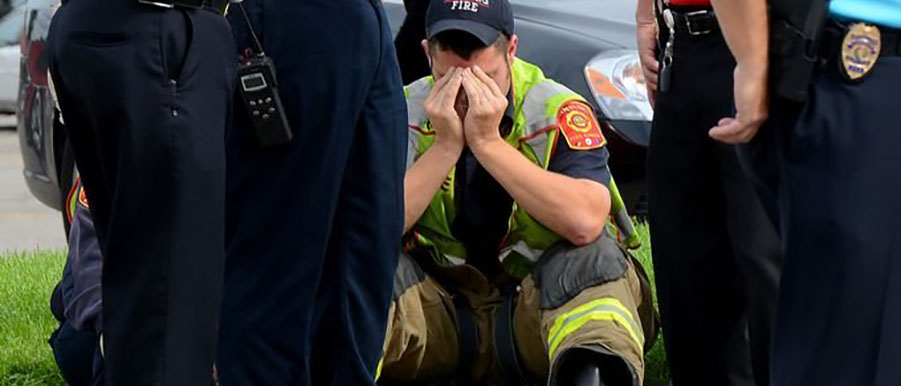
Suicide Preventions
I often have people ask me about suicide and its prevention. In my line of work, I deal with the aftermath of suicide on a daily basis and I see the wake of destruction it leaves in its path. Suicide not only effects the victim but the ripples continue to affect everyone connected to the case. In the United States for the last several years suicide has outnumbered line of duty deaths for both police and firefighters and over 22 veterans of the armed services take their own lives every day, Yes, I just said “every day” in this country. I feel certain that the numbers are very similar in most developed countries.

THE GOOD, BAD & UGLY OF ANIMALS IN THE THERAPEUTIC PROCESS
It’s no secret that animals can play a significant role in trauma recovery for conditions like PTSD and they provide emotional support for people suffering from a myriad of issues from anxiety to depression and many other behavioral health conditions. Are service dogs and support animals the answer for everything that ails us? I know I’m going to disappoint a portion of our readership but I’m here to tell you it’s certainly not a cure for any category of disease or disability, the benefits and the risks of inserting an animal into someone’s life needs to be weighed carefully on a case by case basis assessing both the client and the animal.

Trauma Kits for Field Use
It took me just over a week to plan and write this article. In that brief window of time we experienced The Tree of Life synagogue shooting in Pittsburg killing 11, and this week now ends with the 307th mass shooting of the year in the U.S., the Thousand Oaks shooting in California killing 12 people and it’s been just over a year since the Las Vegas music festival shootings that claimed 58 lives. From a medical standpoint we are currently trying to combat the loss of life in these horrific incidents by training every first responder, police officer, and firefighter in the country with enough of the basics of trauma medicine that they can stop bleeding and stabilize a trauma victim within a couple of minutes.

Insomnia Be Gone!
How can something so simple as sleeping with weighted blankets be a solution to stress, anxiety, insomnia and more? Messed up sleep can create a long list of secondary issues that can quickly become primary concerns if insomnia or other disturbances continue untreated. Lack of sleep, whether it’s medically related or anxiety-driven, can throw off.

Collateral Damage
It was a nondescript night, any one of a thousand shifts. Cool, dark, a little breezy and quiet. Quiet is an ominous word, it does not infer the idea of peace that one might think. Not to us. It is the where the Very Bad Things live. Like the throbbing chords from the iconic movie Jaws, quiet is the subtle soundtrack that plays leading up to their arrival.

Risks of Addiction If You Are a First Responder with PTSD
As a First Responder, you encounter a variety of situations, people, and environments. Yours is not a comfortable and climate controlled office, with 9-5 hours. Your office consists of an ambulance, a police car, or perhaps a fire apparatus. Your coworkers don’t wear suits and neither do you. The job you do, day in and day out, places you in situations you probably never dreamed you would be and that no television show could create. Reality for you is seeing people at the worst moments of their lives; it involves regularly interacting with people who abuse your services and scorn you simply for the uniform you put on faithfully every day. In your line of work, you consistently see people in hopeless situations which you try to alleviate, if only for a short time. With all this responsibility, stress, and exposure to traumatic situations, many First Responders experience PTSD. Post-Traumatic Stress Disorder is commonly discussed in regards to victims of violent crimes, chronic abuse, and returning military veterans. But what about the police officers, paramedics, EMT’s, and fire fighters who witness traumatic events, sometimes on a daily basis? The danger for falling into addiction is real for anyone with PTSD. And First Responders are no different.
